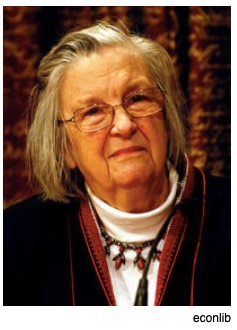An abandoned vessel with more than 1 million barrels of oil is a catastrophe waiting to happen.
Now though the rescue has been “crowdfunded.”
Rescuing the F.S.O. Safer
Stranded eight years ago because of the Yemeni civil war, the F.S.O. Safer–previously a floating storage-and-off-loading facility–is abandoned and deteriorating. With no power, it could blow up or break apart and spew its oil in a gargantuan spill.
This is its location:

No solution is ideal. While a $129 million draining process is a risk, doing nothing could result in a spill that would close a busy shipping lane. Much worse than how the Ever Given snarled supply lines, an F.S.O. Safer spill could block 10 percent of world trade for months. It would devastate Yemen’s fishing industry and waft deadly air pollution throughout the area.
We could say that since one no one owned the vessel, it became everyone’s responsibility.
Responding, the UN announced last March that it had raised enough money to purchase a crude carrier that was equipped to remove the Safer’s cargo. Last Tuesday a salvage vessel with a team of experts reached the Safer. They will prepare for the imminent arrival of the UN tanker.
In slightly more than two captivating minutes you can see how to drain a dangerous stranded vessel:
Our Bottom Line: The Tragedy of the Commons
We have a tragedy of the commons when a public resource is overused or abused. Because the land or water or street has no private owner to oversee its care, individuals harm it. The result is a noisy city, an overfished ocean, polluted air. Since no one claimed responsibility for the F.S.O. Safer, it too was subject to the negligent behavior that creates the tragedy of the commons.
Political scientist Elinor Ostrom (1933-2012) won the economics Nobel Prize for her approach to the tragedy of the commons. Calling it the problem of the commons, she said communities do voluntarily get together when they share the same goals. Her examples ranged from a pasture in Switzerland to the refrigerator at work.
Elinor Ostrom:
Dr. Ostrom could have included Yemen’s stranded ship as one of her examples. So far, dozens of countries, private companies, and people like you and me have contributed $114 million, Although they still need another $29 million, the UN has enough to begin.
My sources and more: Thanks to the BBC for alerting me to the FSO Safer’s rescue. Next, I returned to The New Yorker and then the updates, here and here. What I truly recommend above all else though is this Planet Money Elinor Ostrom interview. She had personality.
Please note that several of today’s sentences were in a past econlife post and our featured image is the F.S.O. Safer.







